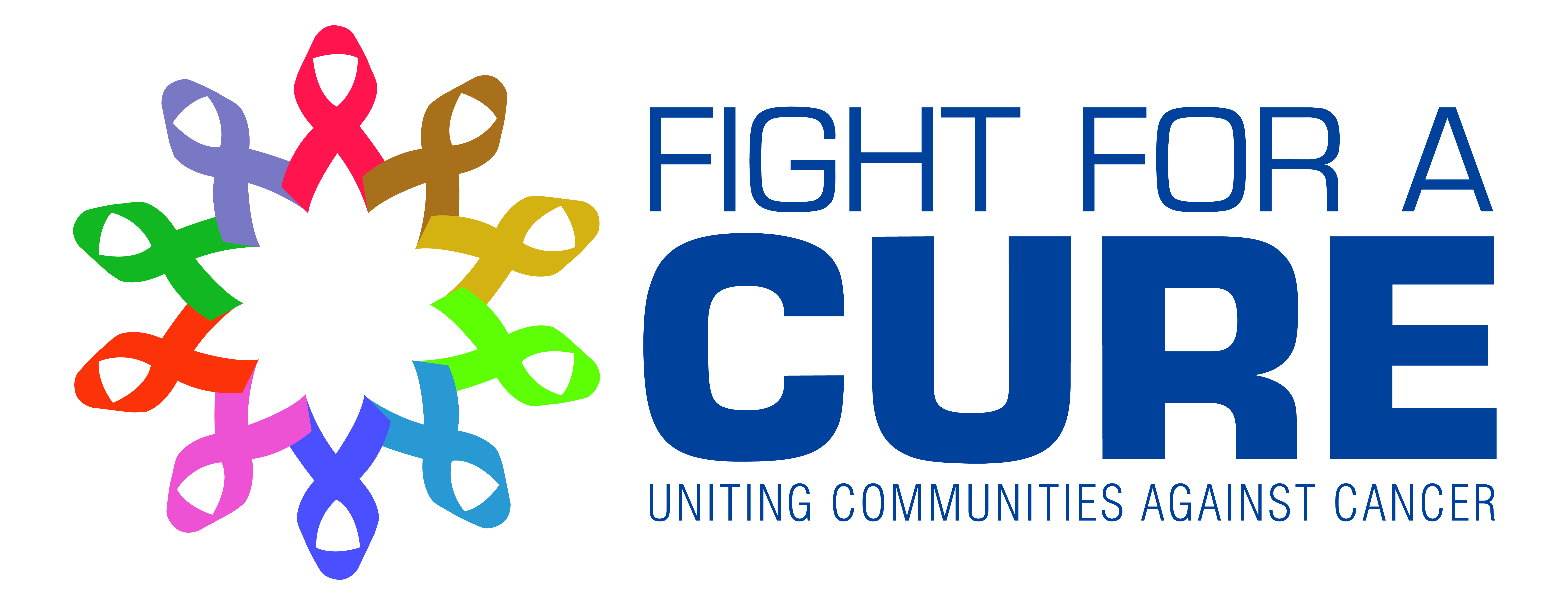
Dr Amanda Hudson - Funded 2019
PROJECT: Harnessing the body’s immune system to fight brain cancer
GOAL: To explore a new avenue of treatment options and therapies for patients with glioblastoma that inhibit the spread of the cancer.
A diagnosis of brain cancer is life-changing with devastating consequences on the quality of life and cognitive function for affected patients.
Although brain cancer is relatively rare, affecting approximately 7 people per 100,000 worldwide, it has the highest economic and social burden of all cancers. Glioblastoma is the most common and aggressive form of brain cancer. Standard treatments consist of a combination of surgery, radiation and chemotherapy and while this can prolong life, it is rarely curative. On average, patients survive only 14.6 months following their diagnosis and less than 1 of every 20 brain cancer patients is still alive 5 years later. These statistics highlight the urgent need to identify new treatment strategies for this devastating disease.
Immunotherapies or treatments which modulate the way a patient’s immune system responds to cancers are rapidly emerging as new treatment options. The way in which cancer interacts with or ‘corrupts’ the immune system has been found to be integral to treatment response and failure. Instead of the immune system destroying the cancerous cells, it now works to enhance cancer growth and enables the cancer to spread throughout the body.
Recently, the importance of the interaction between glioblastoma and a particular type of immune cell, the macrophage, has emerged. These cells can make up to 30% of the tumour’s bulk and have been found to be heavily involved in suppressing the normal abilities of the immune system, allowing the cancer to continue to growth. Interestingly, these cells possess the natural ability to function as either cancer promoting or cancer-inhibiting cells and can switch between these two states. In glioblastoma, the interaction that occurs between the cancer cells and these macrophages is enough to switch them into cancer-promoting cells.
Dr Hudson's research has demonstrated that these cancer-promoting macrophages can increase the migratory ability of the glioblastoma cells, enhancing their ability to spread to other parts of the brain. Identifying drugs which are able to switch these macrophages back into cancer-inhibitory macrophages represents an exciting new research area that Dr Hudson and her team will examine thanks to the funding from Fight on the Beaches.
When used in combination, these new drugs have the potential to sensitise glioblastoma cells to standard of care treatments, thus improving survival for patients with glioblastoma.
IMPACT
A discovery from Dr Hudson's Lab at Royal North Shore Hospital in 2018 showed that the type of inflammatory cells in a tumour can change over time and when a tumour recurs, from having anti-tumour properties to being tumour promoting. These findings suggest that a two pronged approach may be needed, with one treatment targeting the drug resistance mechanism and another targeting immune suppression. Immune-altering therapies are currently of high interest and are being investigated internationally for cancers including brain cancer.
The aim of this project is to determine whether altering the function of these glioblastoma-associated macrophages is an effective treatment strategy when used in combination with standard of care treatments in glioblastoma.
The results from this research may provide the foundation for them to explore a new avenue of treatment options and therapies for patients with glioblastoma that inhibit the spread of the cancer.
USE OF FUNDING
This funding will enable Dr Hudson to test up to 10 drugs that have the ability to modify macrophages into cancer-inhibitory cells using their pre-clinical models of glioblastoma. The aim will be to compliment current standard of care treatments. The allowed budget will cover the cost of both labour and the necessary consumables.
ABOUT DR AMANDA HUDSON
Dr Amanda Hudson is uniquely qualified to lead this project. She is a highly skilled research scientist with a background in drug discovery having previously undertaken a large-scale drug screening project to identify novel anti-parasitic therapies. Her PhD was awarded in 2010 (University of Technology, Sydney) and in 2011, she began her postdoctoral training at the Kolling Institute (University of Sydney), investigating molecular mechanisms underpinning chemo-resistance in mesothelioma and the use of immunotherapies as a new treatment for glioblastoma. In 2015 she was awarded a competitive Kick-start Early Career Researcher grant from the University of Sydney to begin her work in understanding why glioblastomas change over time and why treatment resistance develops. Her work at the Kolling has been recognised with 2 conference awards and has had 8 other oral conference presentations selected from abstracts, helping to build awareness of her research. She has had previous success with funding from The Brain Cancer Group, Ramsay Health and the Mark Hughes foundation. She has published 21 manuscripts including 10 as first author/joint first or senior author. Amanda has presented her research at numerous national and international conferences and at over 10 community and fundraising events to raise awareness of the importance of medical research.
Help fund more vital cancer research


